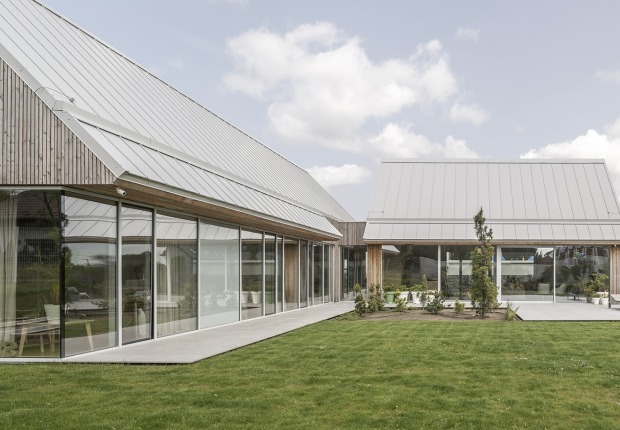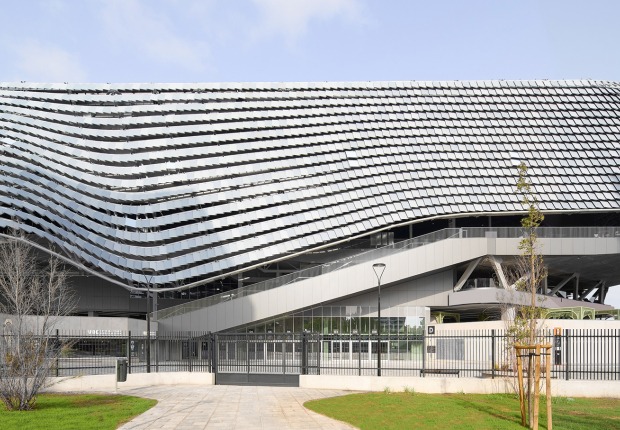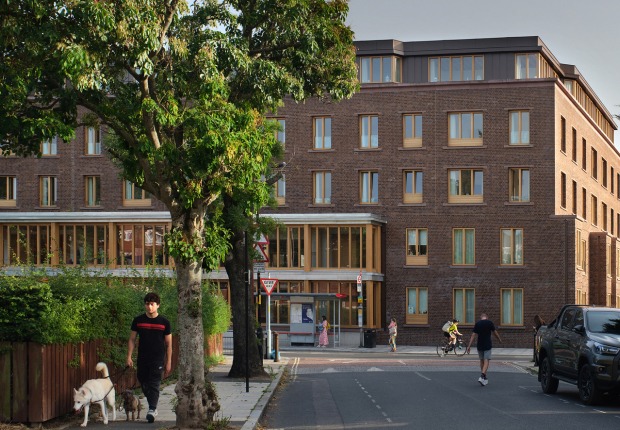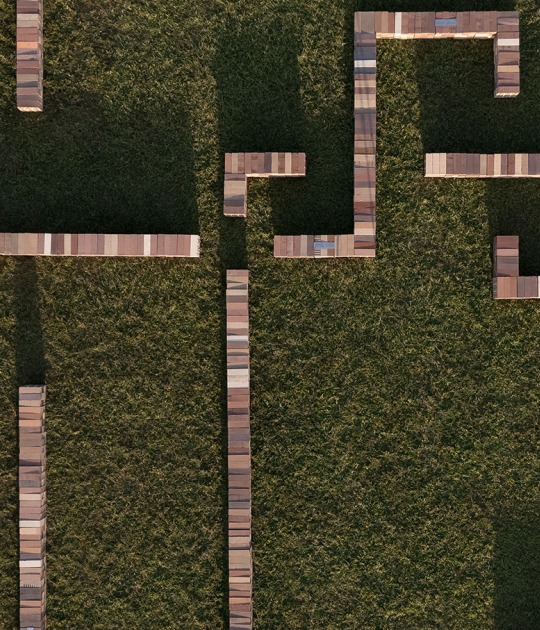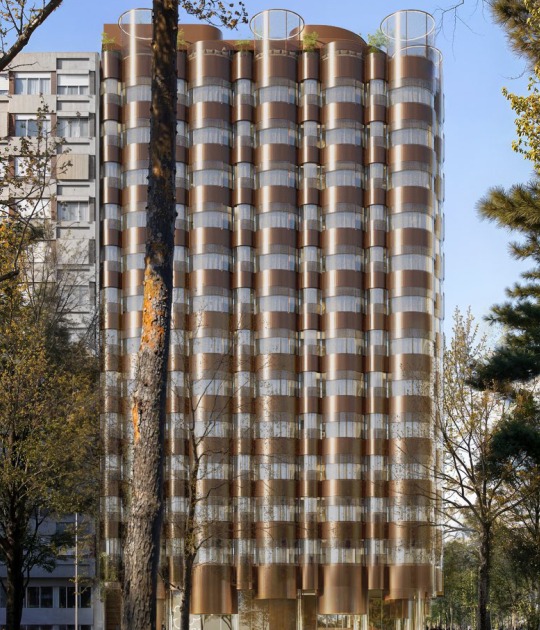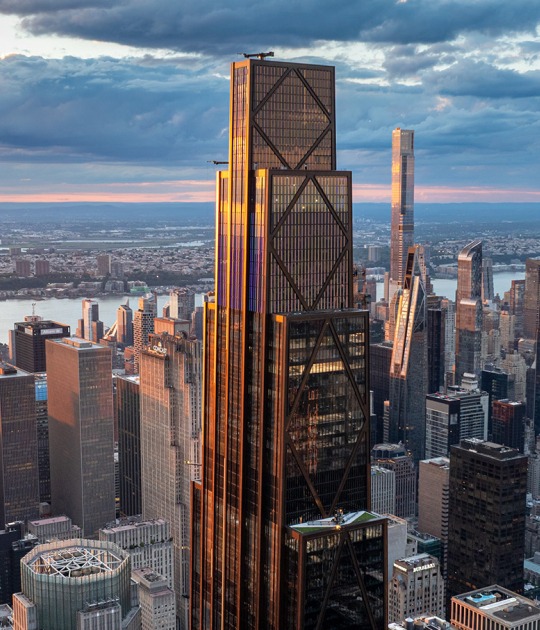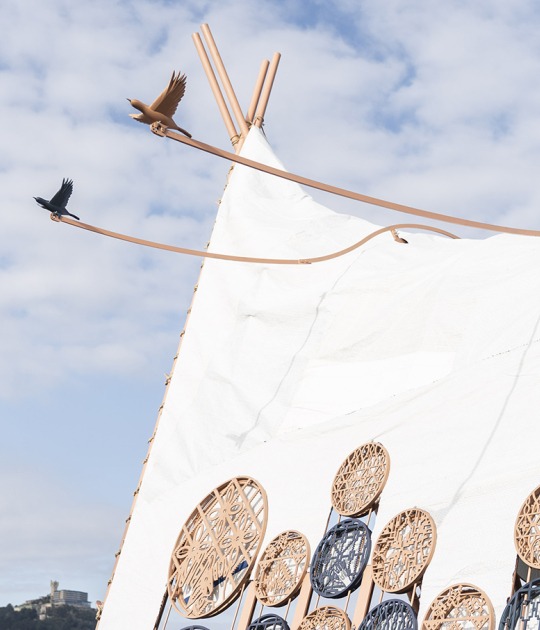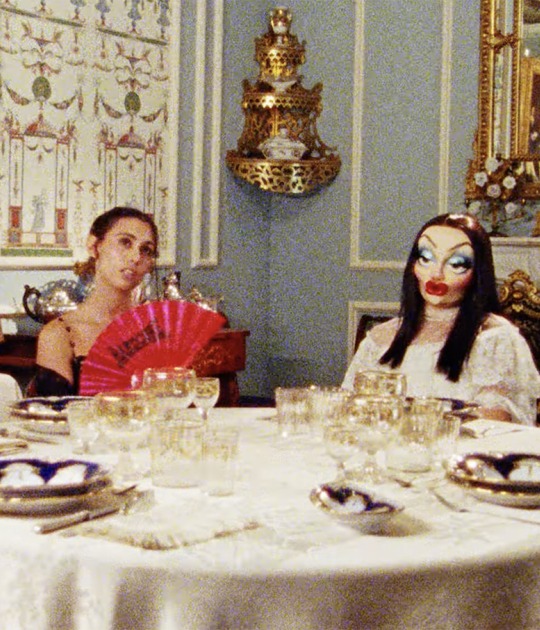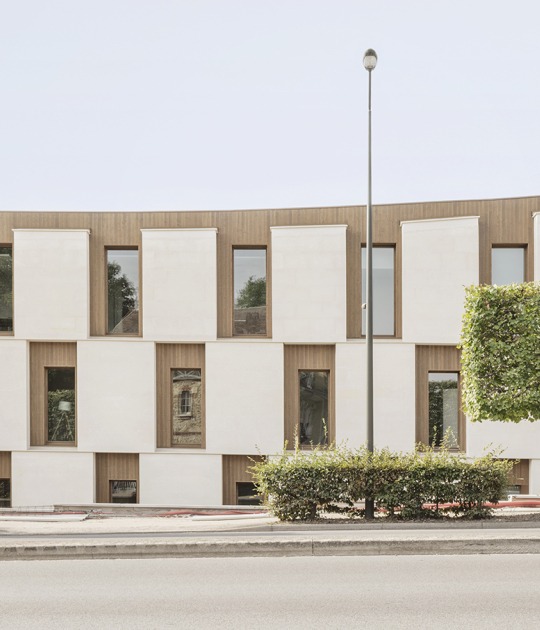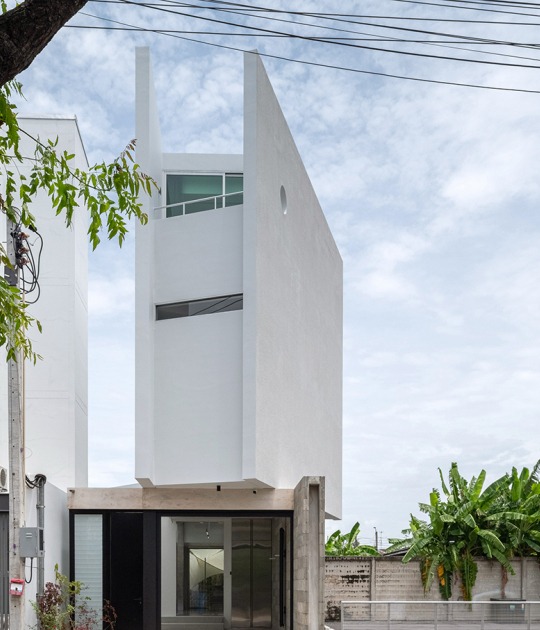As will happen in the Maison à Bourdeaux, public and private spaces are strongly segregated at different levels. In this way the ground floor welcomes public spaces while it will be in the upper one where the most private areas are located.
The ground floor is spacious and dynamic, allowing to contain all sort of activities. The only space for serving it is a kitchen close to the living room. What we can consider as a large living room has walls made with large transparent sliding carpentry to the west, which connect these more social spaces directly with the back garden.
One of the objectives of the project was to create two individual apartments, which appear on the second level, standing parallel to each other, taking advantage of the incredible views of the city of Paris. The independence of both spaces is complete and both have different access from the ground floor.
Linking, or separating these apartments, it is worth highlighting the presence of the pool in the roof terrace. Its composition and disposition, contains numerous references raised by the theoretical discourses of Rem Koolhas in his book Delirious New York. This encourages the visual relationship with the background created by the image of the city. It is a private and exclusive space even being outdoors.
Description of the project by OMA
The villa is situated on a hill which slopes steeply toward the Seine, the Bois de Boulogne, and the city of Paris, in the residential area of Saint Cloud - a neighbourhood characterised by 19th century houses in a classical "Monet" landscape.
The client wanted a glass house with a swimming pool on the roof and two separate "apartments" - one for the parents, the other for the daughter. They also wanted a panoramic view - from their swimming pool - of the surrounding landscape and the city of Paris.
The site is like a big room, with a boundary made of greenery, garden walls and slopes. It is composed of three parts: a sloping garden, the main volume of the villa, the street level garage with access in a cavity. The house is conceived as a glass pavilion containing living and dining areas, with two hovering, perpendicular apartments shifted in opposite directions to exploit the view. They are joined by the swimming pool which rests on the concrete structure encased by the glass pavilion




























